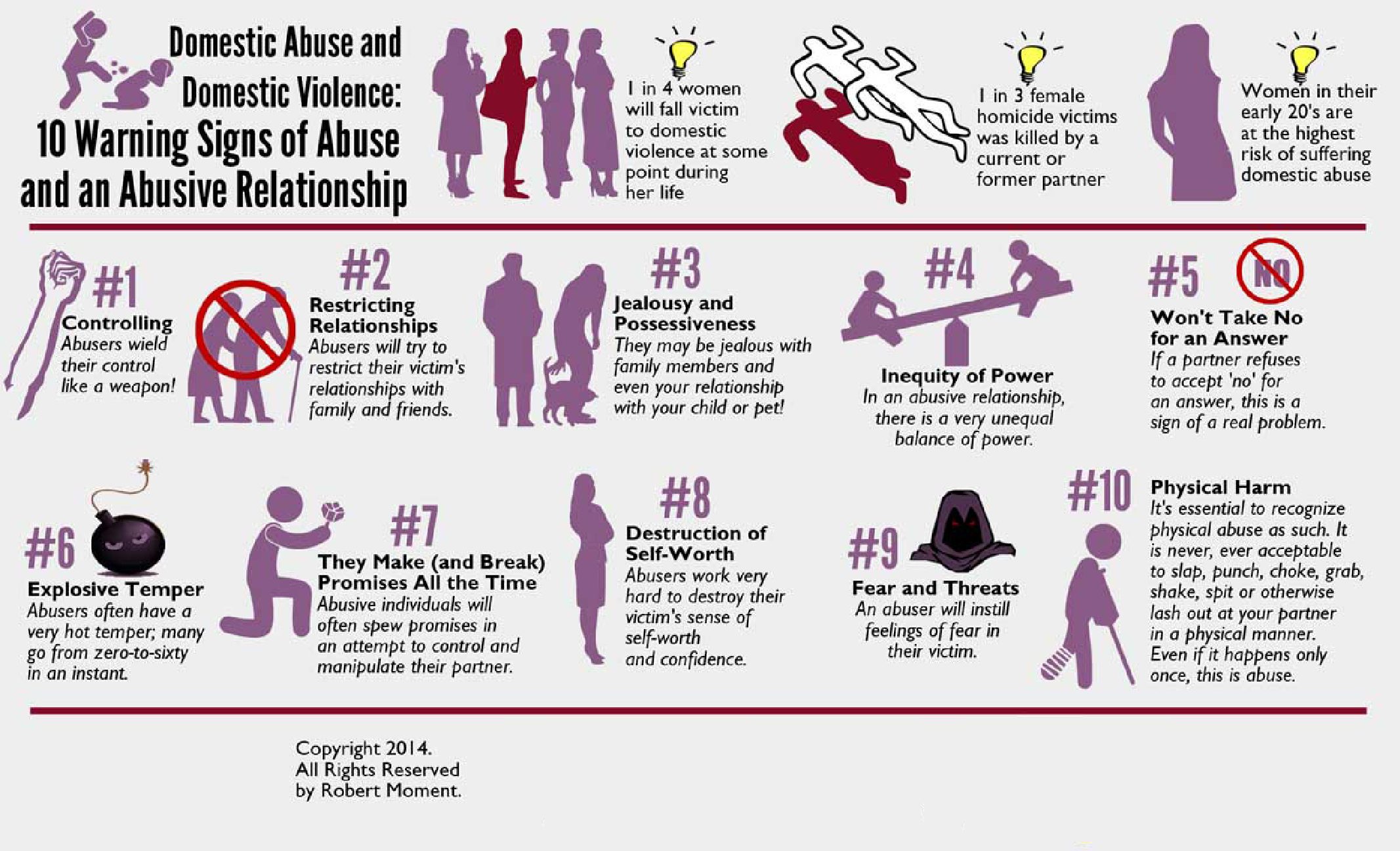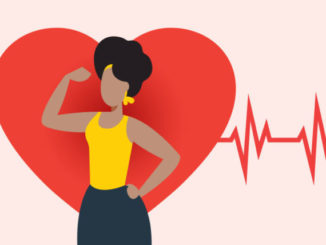
It’s Not Love, It’s Abuse
Dominican University Student Nurse Association
One out of every three women. One out of every ten men. Domestic abuse affects more people in our community than we recognize. It is about an exertion of power and control and can occur between intimate partners, children and families, or the elderly.
It is knowingly intimidating or acting in a manner that includes one or more of the following:
· Physical violence
· Sexual violence
· Stalking
· Emotional/psychological abuse
This impacts every single community in our country and around the world. In abusive situations, many individuals experience a feeling of entrapment or being “stuck”. Even if an individual can leave the traumatic situation, the trauma does not end there. The effect domestic violence has on an individual can last across a lifetime, as these experiences can become so embedded in a person that it actually effects the composition of their genes. In observance of Teen Dating Violence Awareness Week (Feb 24-28), what can we do to prevent and identify domestic violence for ourselves and others?
Prevention and Early Identification:
Take a look at the domestic abuse warning signs in the infographic. Elements of control, anger, jealousy, and unexplained injury are signs of domestic abuse. To identify abuse, it takes supporting community members, friends, and family. Frequently, outsiders ask why don’t they just leave? There are a multitude of reasons and obstacles, including fear, the belief that the abuse is normal, a financial dependency, various cultural or religious reasons, and feelings of shame. Most notably, the risk of extreme violence dramatically increases just before and when a person decides to leave an abusive relationship. Because of this, it is essential for survivors to be connected with community resources (including those listed below) during that time.
After Identification:
What can be done to help if you know someone experiencing abuse? The most important thing is to let that person that you are in full support of them and remind them that the abuse—no matter the circumstance—is never their fault. Help them to become connected with a national or community resource. They may need your help to develop a safety plan. More information about this can be found through the resources below.
Resources for Getting Help and Support:
National Domestic Violence Hotline: 1-800-799-SAFE
This national resource is available 24/7/365 through phone, text, and online chat. They provide free and confidential services involving crisis counseling and referrals to local resources that may
be able to help. Keep this number in your phone—if not for yourself, for others who may benefit from it.
Sarah’s Inn (Oak Park, IL): sarahsinn.org; (708) 386-4225 (call) or (708)792-3120 (text)
This local organization provides services for families affected by domestic violence. They provide emergency care, policy and advocacy, legal support, and educate children and families about healthy relationships. To help this community, you can also complete a Domestic Violence Advocacy Training to work directly with these families and individuals. We can all contribute to stopping the cycle of violence in homes, families, and relationships.


